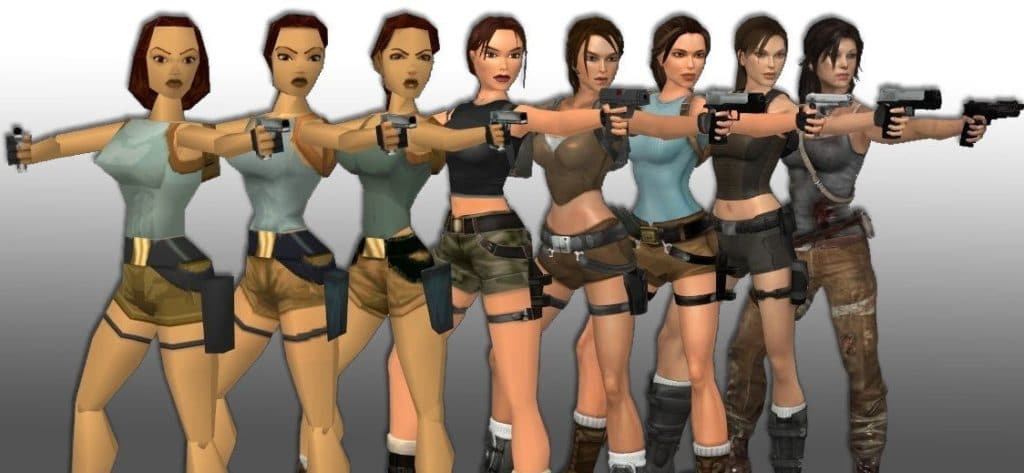By Eva Zhu —
When Celina played video games growing up, she was concerned about other players hearing her voice. She didn’t want them to know she was a girl.
“I was worried about having my microphone on when I played [online multiplayer games] because people would freak out if they heard I was a girl,” she says.
She was afraid if her team found out she wasn’t a boy, they’d blame a bad game on her gender.
When she did let people know she was a girl, she found boys would be nice only when they thought she needed their help.
“[The boys] would give me free things. It was very condescending that they would immediately assume I needed help playing.”
Celina’s — who didn’t want to give her last name — experiences aren’t unique. The video game industry has not been kind to women.
That became apparent this week, when reports surfaced that several high-profile women in the video game industry had resigned after going public about alleged harassment and mistreatment at companies, including one of Canada’s biggest employers, Ubisoft.
Last month, Kotaku published an exposé on Ubisoft’s Toronto studio, citing multiple sexual harassment and assault allegations by one of the company’s co-founders Maxime Béland. According to several employees, women were conditioned “to feel like you’re lucky to be there.”
The fallout of these allegations was swift. On June 11, President of Ubisoft Canada, Yannis Mallat, resigned. In Toronto, Béland also resigned.
Ubisoft has acknowledged these problems and promised extensive changes, including firing chief creative officer Serge Hascoet and the heads of human resources at their Canadian studios.
In a July 12 statement, Chief Executive Officer Yves Guillemot said, “Ubisoft has fallen short in its obligation to guarantee a safe and inclusive workplace environment for its employees”
When Celina heard about the Ubisoft allegations, she felt afraid that she might end up in a similar situation in the future.
“It’s pretty scary to think about possibly working at a company where you love the games but the company work environment ends up enabling inequality. If i were in that situation, I would probably also be too afraid to speak up,” she said.
Celina says this toxic culture stems from when women were discouraged from playing video games and when game companies tended to make games that catered to the male gaze.
One of the most famous examples of this is Lara Croft. When Tomb Raider came out in 1996, it was clear that her character was dominated by her sex appeal. She was defined by a large chest, an impossibly tiny waist and tiny shorts. Croft’s appearance didn’t change until Tomb Raider’s 2013 reboot.

For the past three decades, massive fighting game franchises such as Mortal Kombat, Street Fighter and Dead or Alive, used scantily dressed women as selling points.
As recently as 2018, Riot Games, creator of the popular multiplayer role-playing game League of Legends, was exposed by several former female employees for being a toxic and sexist workplace. One former employee revealed to video game blog Kotaku that during her job interview, “she was asked to recall her favorite trinket from a 2004 World of Warcraft raid.”
“I was trying to prove to this executive that I wasn’t lying about playing games,” she said in the interview.
“This then scares women away from making games because of the misrepresentation they see in the industry, and this keeps many video game companies male dominated. I feel like it’s a vicious cycle at this point.”
For the industry to become more friendly to women, Friesen says men and women alike need to make more noise and to give more airtime to indie companies. Unlike the bigger video game companies, which she says are still creating games where female characters are “practically nothing”, indie companies are usually progressive.
“Most indie games made by smaller companies have great characters and usually don’t have anywhere near as much sexism as older games. They also tend to have pretty diverse development teams.”
To make the industry more transparent, Friesen says companies need to start holding women to the same level as men. She says companies must stop seeing women as “diversity hires” and foster a safe work environment.
“I think it all starts with just a generally safe workplace and an HR team that cares enough about the people they work with and not just getting their paycheck.”

Comments are closed, but trackbacks and pingbacks are open.